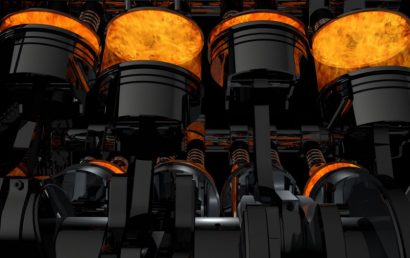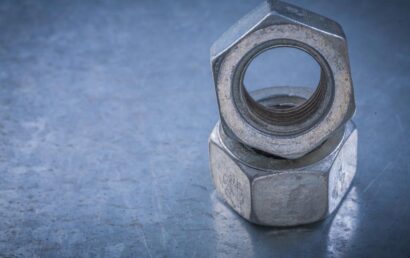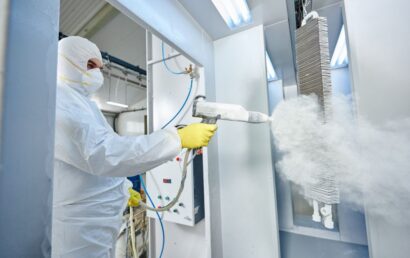Looking For Anti-Corrosion Coatings?
Though anti-corrosion coating options are many, it’s easy to break them down into just a few groups. Let’s take a look at anti-corrosion coatings and the three groups that they can be broken down into.
Sacrificial
Here are the characteristics of anti-corrosion coatings known as sacrificial:
- The type of paint binder used, and the additive content level, determine the extent of corrosion protection.
- If worn or damaged, this coating remains effective, unlike barrier coatings.
- To protect the material below, this coating sacrificially corrodes. Over the substrate, it acts as an additive.
Inhibitive
In primers that are overcoated, these coatings are extremely common because, over time, their corrosion protection characteristics are significantly reduced. Inhibitive coatings have the following characteristics:
- In overcoated primers, inhibitive coatings are regularly used.
- This coating does offer protection, but, over time, it significantly lessens.
- As the inhibitive coating is penetrated, it reacts with humidity and metal.
- Over the substrate, a passive layer is formed by this porous coating.
Barrier
The base metal of a substrate is protected by the nonporous layer of barrier coatings. The lifespan of protection is significantly affected by solid content and film thickness. The characteristics of barrier coatings are as follows:
- The underlying substrate is protected if the barrier is worn or damaged.
- To protect the barrier, additional film or coating is often required.
- A barrier coating offers a nonporous, protective layer.
Things to Consider
It’s important to check for several factors when examining your anti-corrosion coating requirements and a suitable partner for them. Here are a number of factors to consider:
- Look at the geometry and size of your components. Are the facilities in which you will cope with your components sufficient?
- Take a look at potential suppliers. Are they flexible enough to deal with your timescales, processes you require, and with your volumes?
- Consider carefully your challenges in this area. Who can recommend the most appropriate anti-corrosion coating? To help you understand everything involved, what kind of technical support is offered?
- If required, is the appropriate, approved inspector available?
- Are all coatings available (sacrificial, inhibitive, and barrier)?
How Anti-Corrosion Coatings Can Help
Each and every day, corrosive conditions have a direct effect on businesses. They can severely influence a business’s bottom line by impacting downtime, maintenance frequency/costs, and equipment performance. But with today’s corrosion resistant coatings, businesses can now achieve the following:
- Sufficient sealing of a surface, thereby protecting it against materials that are highly corrosive.
- Companies can now add a layer of cathodic protection.
- The working surface can be significantly modified by materials that are corrosion resistant.
Types of Corrosion
There are numerous types of corrosion including (but not limited to) the following:
- Fretting
- Selective Leaching
- Crevice
- Galvanic
- Stress Cracking
- Pitting
- Fatigue
- Uniform
Whether your company can benefit from anti-corrosion coatings or a different kind of protective coating, A&A Coatings has the appropriate solution for every industry under the sun. We take each customer’s specific situation into consideration when developing a plan for their protective coating needs. Contact us today to see how we can be of assistance to your industry and your company.



